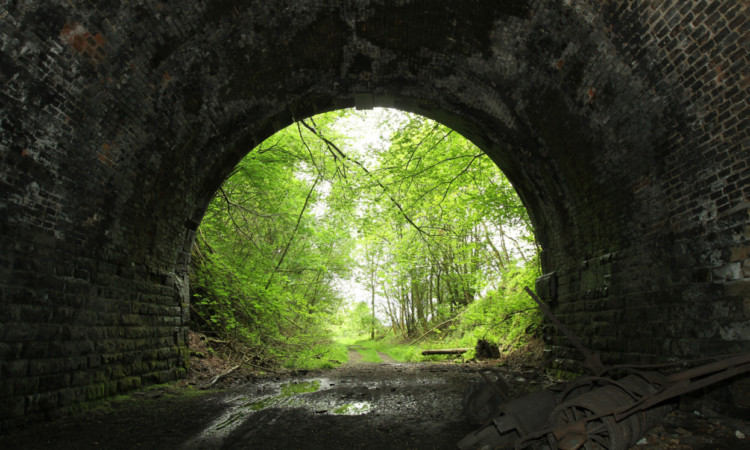The campaign to persuade the Scottish Government to commit £1 billion to a direct rail link between Perth and Edinburgh has received huge public support.
A petition was launched last month by Scottish Conservatives in a bid to back up the case for the investment in transport infrastructure.
Reopening the direct rail line could reduce travel times between Edinburgh and the north by up to 30 minutes.
And campaigners believe that such a link will prove vital to the future prosperity of the region, supporting its growing working population and helping to attract business to an increasingly vibrant Perth.
Transport Scotland has resisted calls for the project but Transport Minister Keith Brown has asked officers to look again at the issue.
In a bid to force a change of strategy, Mid Scotland and Fife MSP Liz Smith visited Kinross earlier this month to prove the public support for the cause.
The Tory MSP said she has been “stunned” by the level of local support from both local residents and businesses.
She hopes the clamour will persuade the SNP Government to look again at a new feasibility study into reopening a direct line.
Scottish Conservatives will seek a debate in the Parliament on reopening a direct rail link as petition cards continue to be delivered to communities in Perth and Kinross and Fife.
“I have been heartened by the significant support which my campaign to reopen a direct rail link between Perth and Edinburgh has already attracted,” Ms Smith said.
“The campaign is resonating with people across Perthshire, Kinross-shire and Fife. The number of petition cards which we have received back has been sensational.
“The fact that so many local people have signed the petition shows the level of support that exists in the community for the reopening of a direct rail link between Perth and Edinburgh.
“I will be continuing to deliver the petition cards and hope residents will continue to give their support.”
A report by Transport Scotland found that a direct line between Perth and Inverkeithing would reduce the distance between Edinburgh, Perth and Inverness by around 25%, resulting in a journey time saving of 35 minutes. Despite that, they recommended that such a project should not progress, after officers decided that the cons outweighed the pros.
Forecasts predicted a “limited transfer of trip from road to rail”, together with the potential for an adverse effect on the water environment, biodiversity and the cultural heritage along the route.
The report also warned of “major adverse impacts” on nationally important sites, such as scheduled monuments, historic gardens and designed landscapes.
Transport Scotland concluded that the cost of the project was “relatively high compared to the benefits” and would, therefore, “not provide value for money”.
Campaigners will have to convince the government agency that it is wrong if they are to persuade it to recommend the scheme to ministers.
